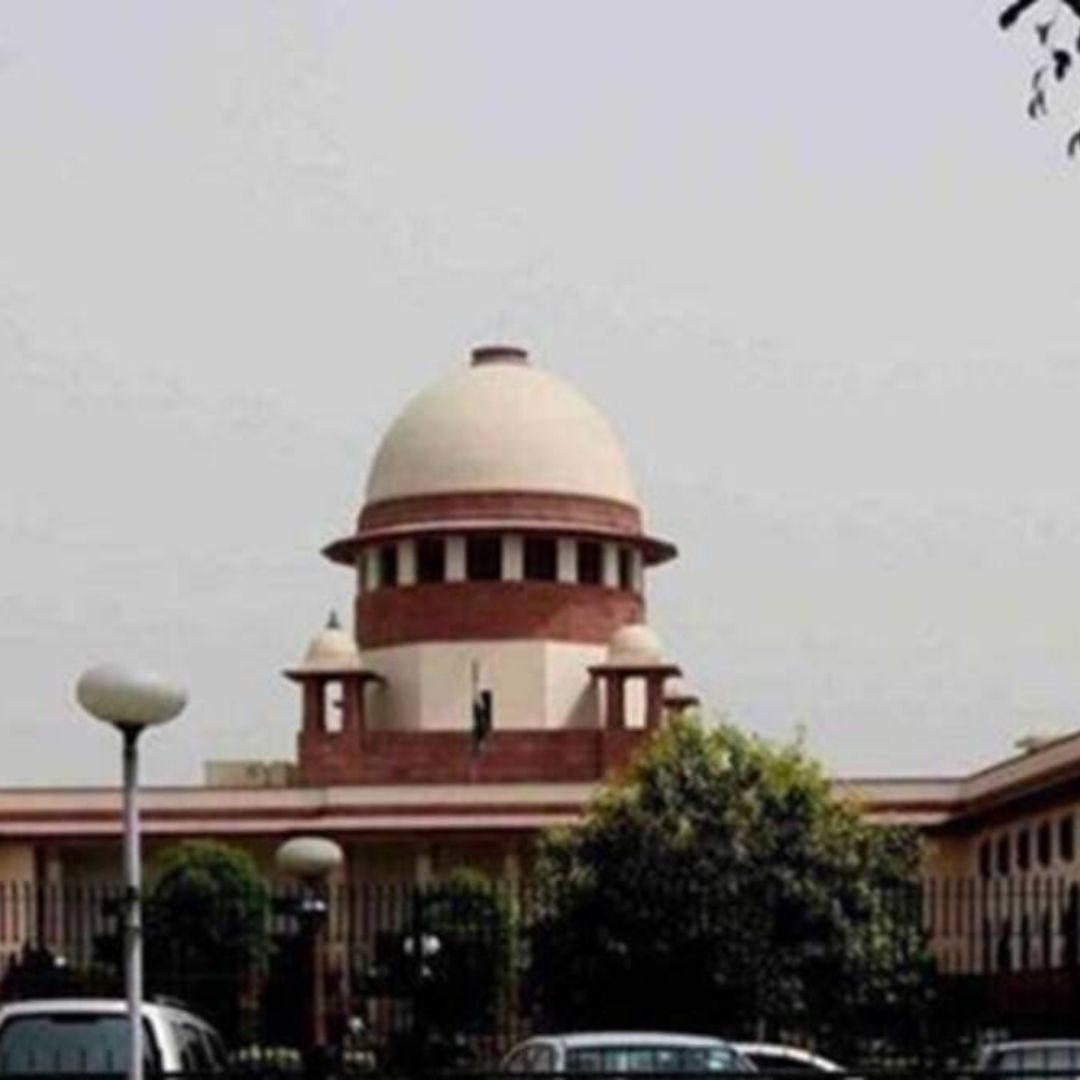
Image Credit: The Indian Express
Is Supreme Court's Call For Compensation By Railways A Feasible Option?
Writer: Ratika Rana
Her primary objective is to inform, promote, educate and cultivate readers through writing.
India, 9 Sep 2021 1:11 PM GMT
Editor : Ankita Singh |
A literature lover who likes delving deeper into a wide range of societal issues and expresses her opinions about the same. Keeps looking for best-read recommendations while enjoying her coffee and tea.
Creatives : Ratika Rana
Her primary objective is to inform, promote, educate and cultivate readers through writing.
The Supreme Court said that every passenger's time is 'precious' and the Railways is liable to pay the compensation for 'delay and late arrival of trains' unless it proves that the delay was beyond their control.
The Supreme Court passed an order mentioning that the Railways must pay for deficiency in services for delayed train arrivals if they could not prove that the causes of the delay were beyond their control.
In 2016, the complainant, Sanjay Shukla and three others missed a connecting flight to Srinagar as their train reached four hours behind the scheduled time for arrival at the Jammu Tawi Station. The Railways had contended that late arrival cannot be considered as a deficiency on their part as there might be several reasons for this delayed arrival.
Supreme Court's Move Welcomed
The Supreme Court upheld the National Consumer Disputes Redressal Commission (NCDRC) order that asked the Railways to pay the complainant ₹30,000 because he missed his flight from Jammu to Srinagar because the Jammu-Ajmer Express train arrived at the destination four hours later, the Indian Express reported. Even though several experts have lauded the Supreme Court's remark that every citizen's time is precious, it needs to be questioned whether public transport can be held accountable or not.
Is It Feasible To Hold Public Transport Responsible?
While it was worthwhile to know how the Supreme Court thought of its citizens before thinking about any governmental organisation, one must also know that India's rail network covers 126,000 kilometres, and the trains run across north, south, east and west. Therefore, it is practically impossible for the country and the railways with infrastructural underdevelopment to achieve the feat of always being punctual. No matter how many Indian citizens want to be punctual, it cannot be denied that minor hiccups here and there are bound to impact the more significant impact on the system.
Moreover, if the rule of accountability is to be put into place, it should be equally put across the various mode of transport. The network of roads in India has far more seeped into the society than the trains; therefore, maintaining such trains and buses that are bound to steer their way through heavy traffic might be a tedious task.
 All section
All section














